China's real estate market will require close monitoring by policymakers, and if there is no marked improvement, stronger efforts to mitigate the credit risks of developers and facilitation of potential debt restructuring will be required, experts said.
Their remarks came amid signs that regulators are sharpening their focus on the financial status of real estate developers. The China Securities Regulatory Commission has found that Evergrande Real Estate Group, the flagship subsidiary of real estate developer China Evergrande Group, had substantially inflated its revenue figures in 2019 and 2020 and engaged in other infractions.
Holding Xu Jiayin, founder and former chairman of China Evergrande Group, responsible for making decisions about and organizing financial fraud, the CSRC is set to fine him 47 million yuan ($6.53 million) and ban him for life from the securities market, according to filings by Evergrande Real Estate Group on Monday.
The regulator also plans to issue a warning to Evergrande Real Estate, together with a fine of about 4.18 billion yuan.
Experts said the strengthening of supervision of the financial status of listed real estate developers can help prevent the recurrence of incidents like the Evergrande crisis, and more policy measures are needed to address the financing woes of real estate developers.
The credit risk of developers is in focus as rating agency Moody's Ratings downgraded property developer China Vanke Co's credit rating last week from Baa3 to Ba1, junk territory.
Data from the National Bureau of Statistics showed that in the first two months of the year, the total area of newly built commercial housing units sold nationwide was 113.69 million square meters, down 20.5 percent year-on-year. Sluggish property sales, according to experts, could worsen the cash flow situation of developers.
Liu Qiao, dean of Peking University's Guanghua School of Management, said that China still faces a challenge with real estate that will take time to resolve, necessitating the monitoring of key indicators.
If indicators such as new housing starts, property sales and housing prices do not substantially improve year-on-year in the first half, more resolute support through macroeconomic and industrial policies, including those to facilitate debt restructuring, would be warranted, Liu said.
Efforts have been underway to promote a recovery in property sales. Beijing, for instance, will optimize real estate policies based on the actual situation in each district, Xia Linmao, executive vice-mayor of the city, said on Tuesday.
"China should make further efforts to improve the financing of property developers, ensure their cash flows and help them build better credit," said Zhang Ning, senior China economist at UBS.
Some banks have already implemented a whitelist mechanism to support the financing of eligible housing projects. However, Zhang said the scope of the whitelists needs to be expanded to stabilize developers' investment and strengthen residents' confidence and willingness to purchase homes.
Zhang added that the country should promote the debt restructuring of property developers that are involved in any possible risk events and thereby effectively control the spillover effects.
Ni Hong, minister of housing and urban-rural development, said earlier this month that Chinese housing companies that are insolvent or can no longer operate must file for bankruptcy or restructuring in line with the country's laws and market rules.
"China should also release a larger amount of special funds to ensure the timely delivery of housing projects," Zhang said.
While the trading of Evergrande's shares in Hong Kong has been suspended since January, the Wind Real Estate Industry Index, an index tracking the A-share real estate sector, dropped by 0.84 percent on Tuesday, compared with a 0.72 percent dip in the benchmark Shanghai Composite Index, which ended at 3,062.76 points on Tuesday.








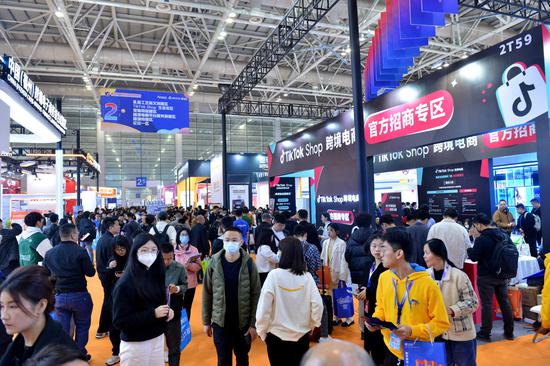










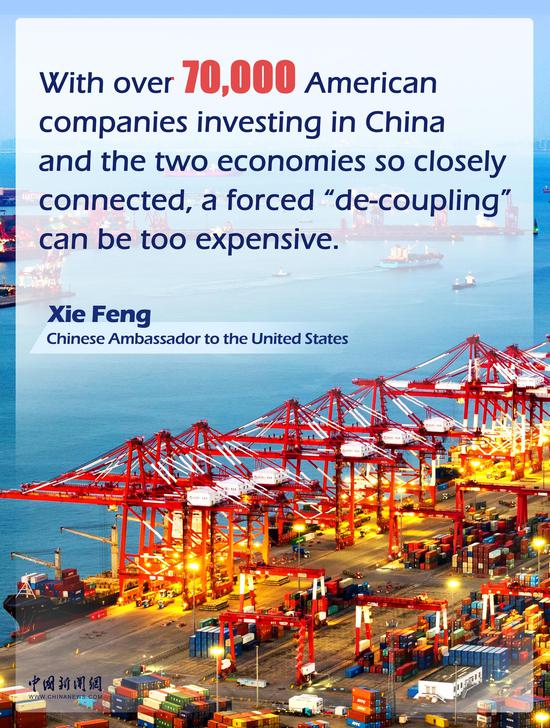

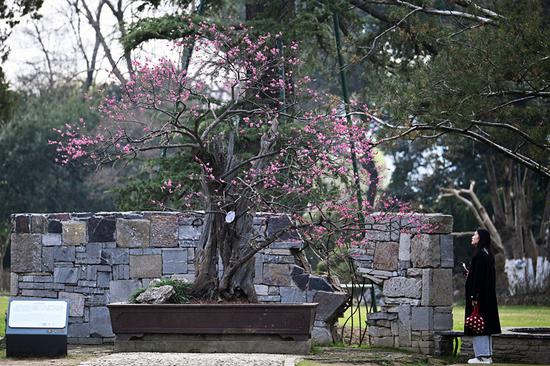
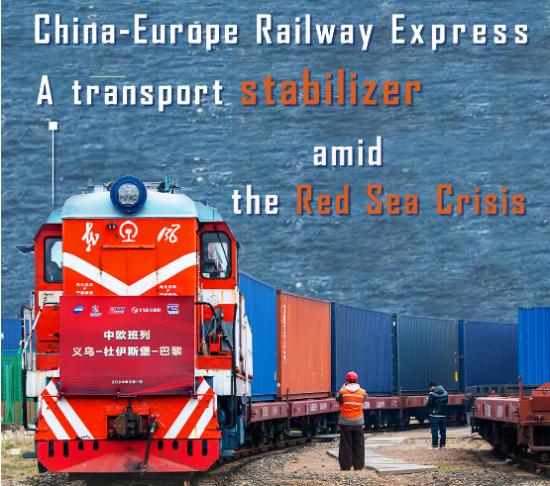





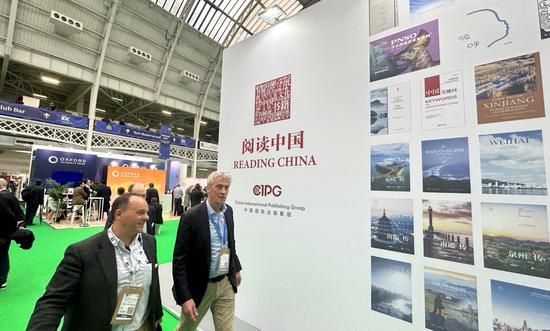


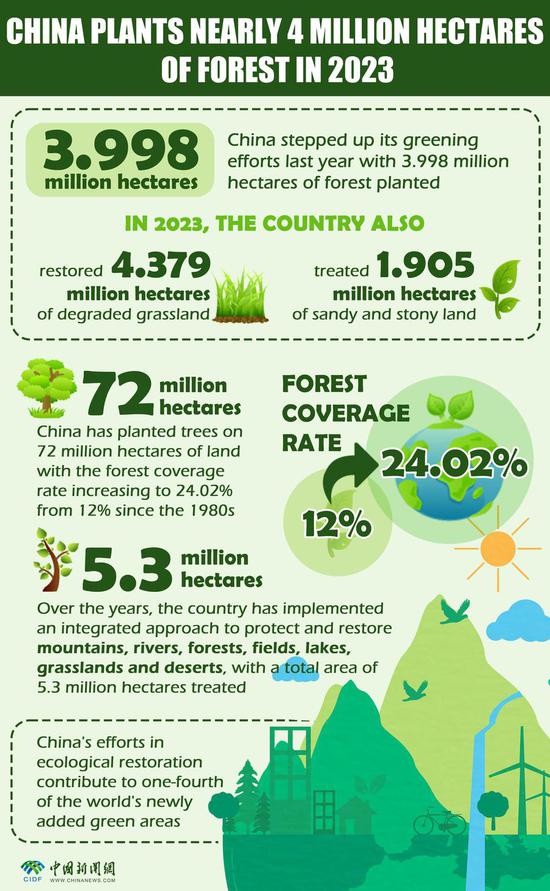



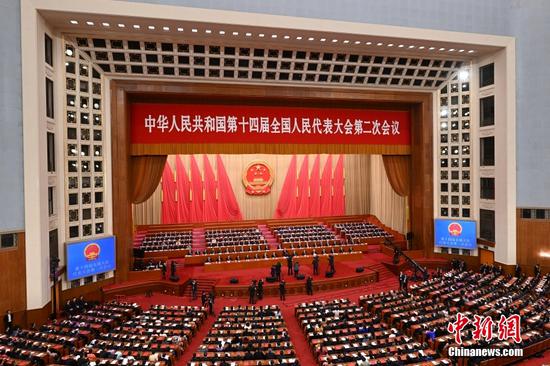



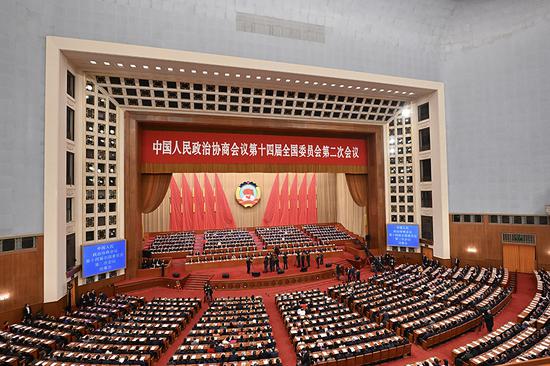
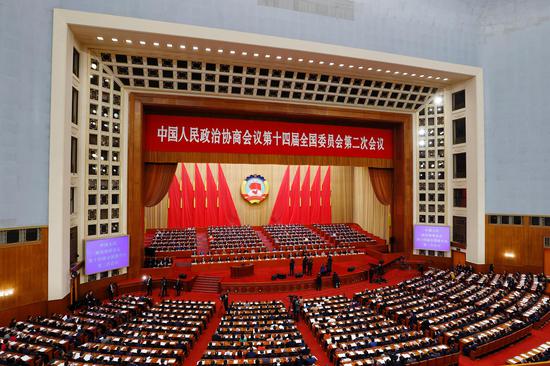

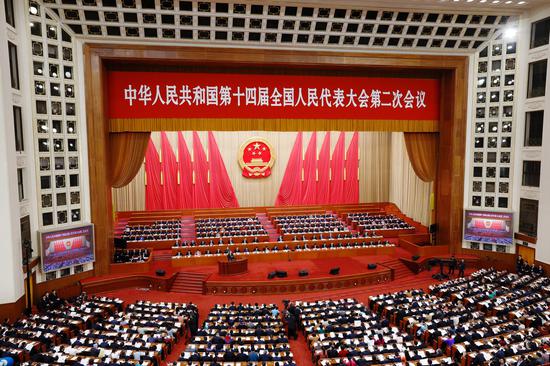
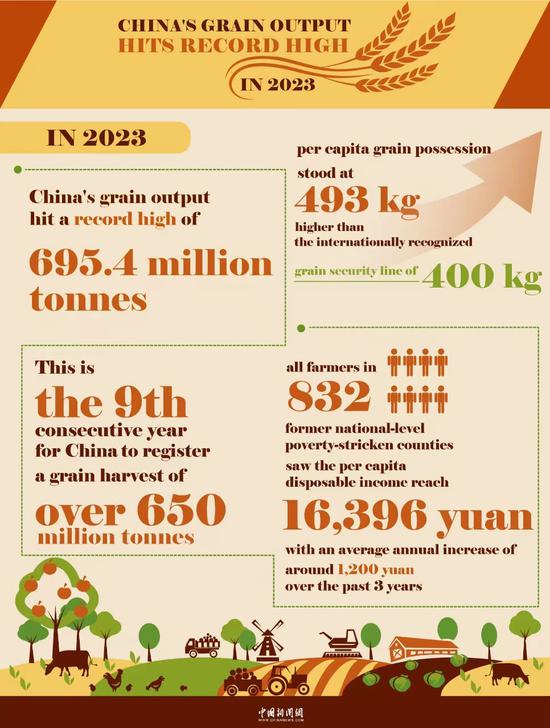
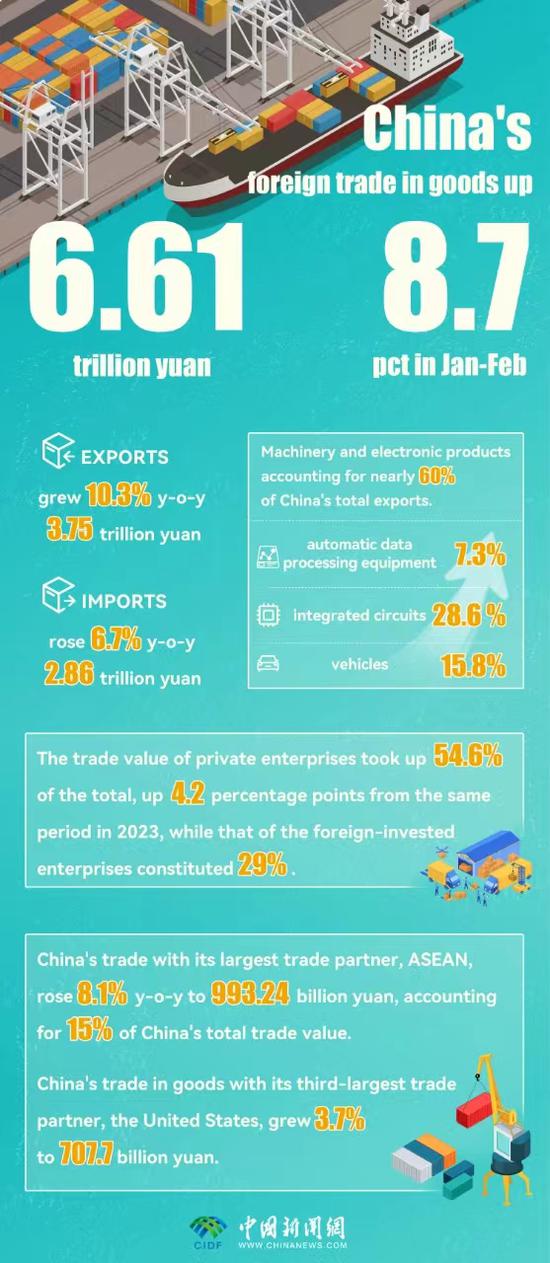





 京公网安备 11010202009201号
京公网安备 11010202009201号